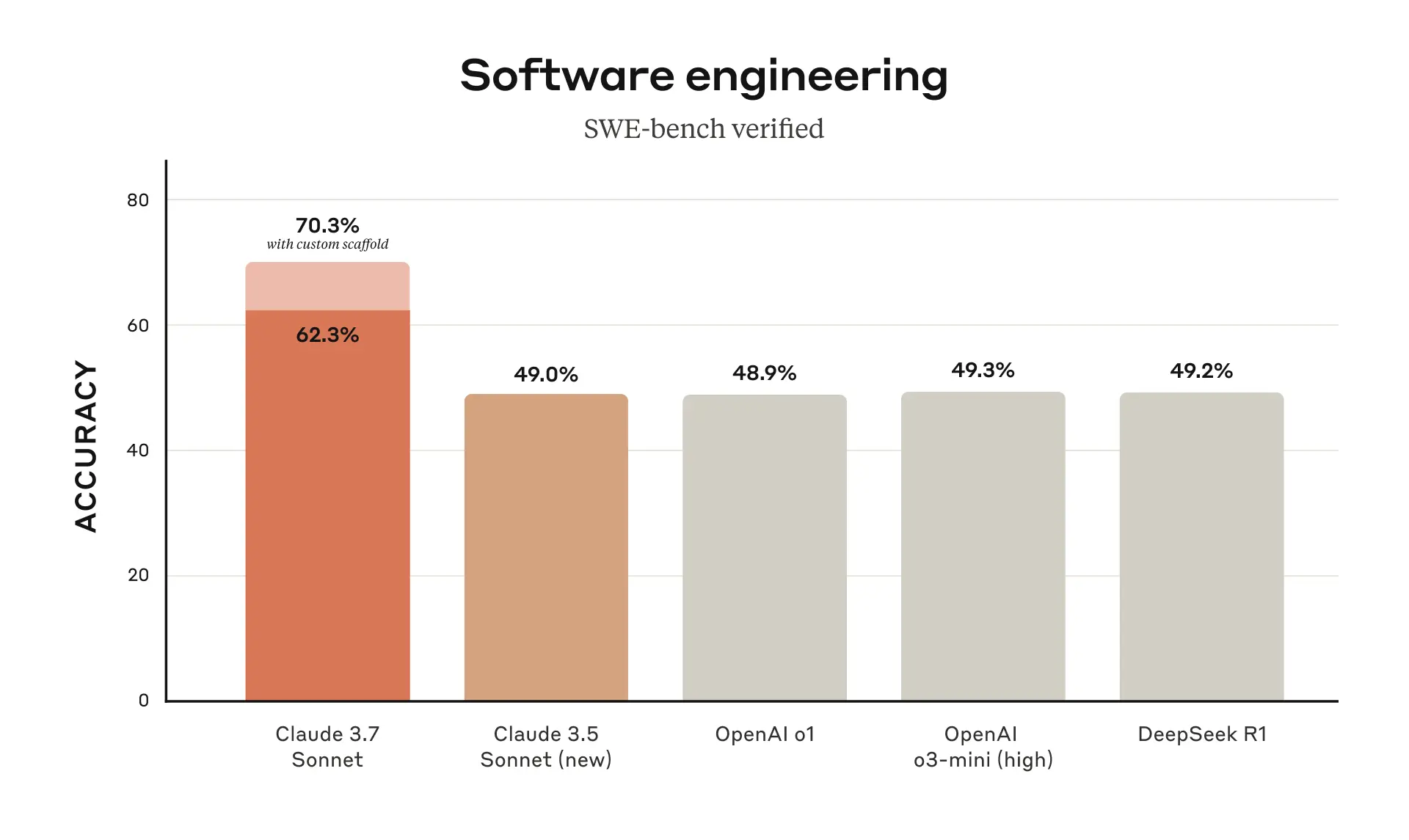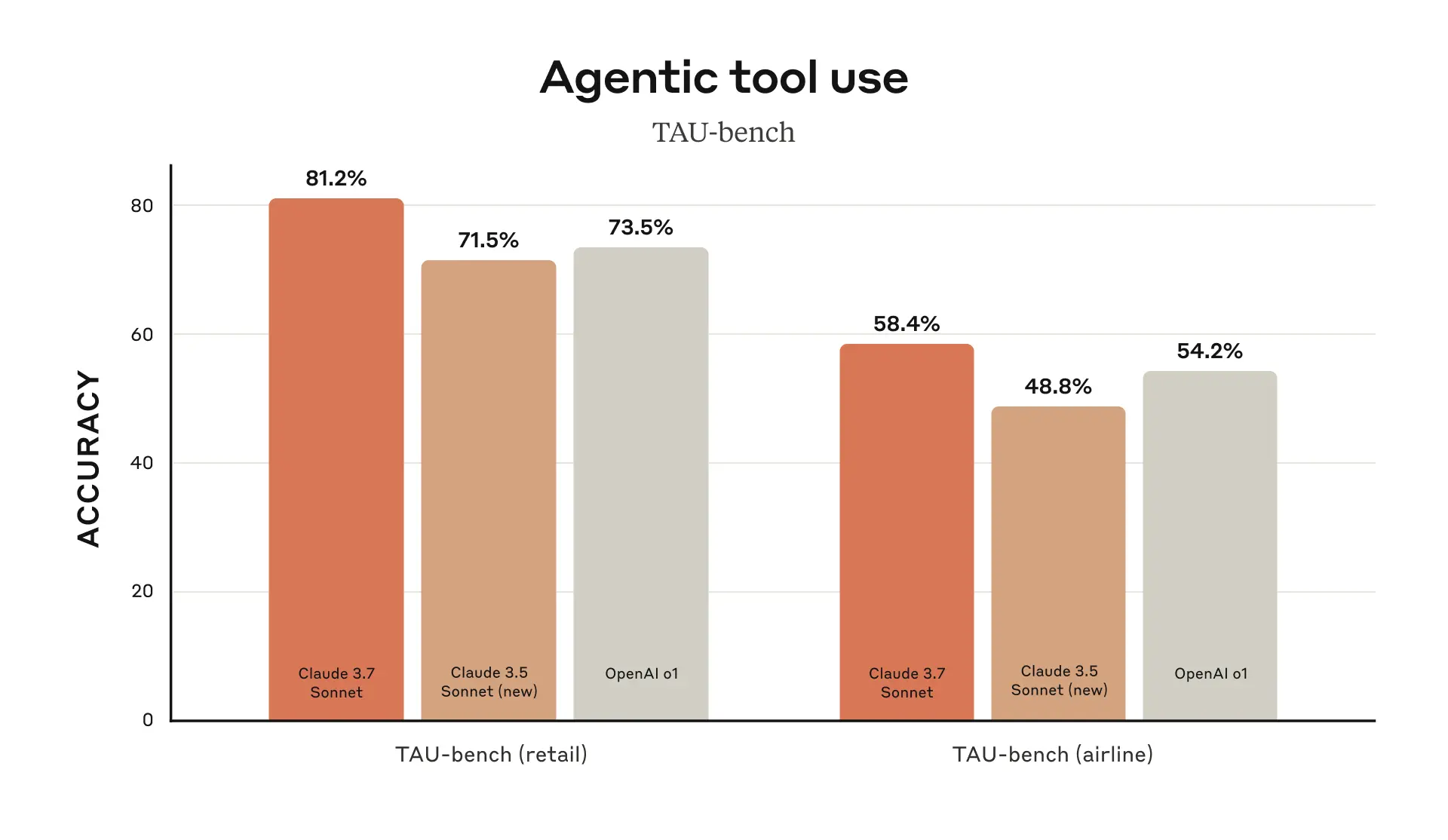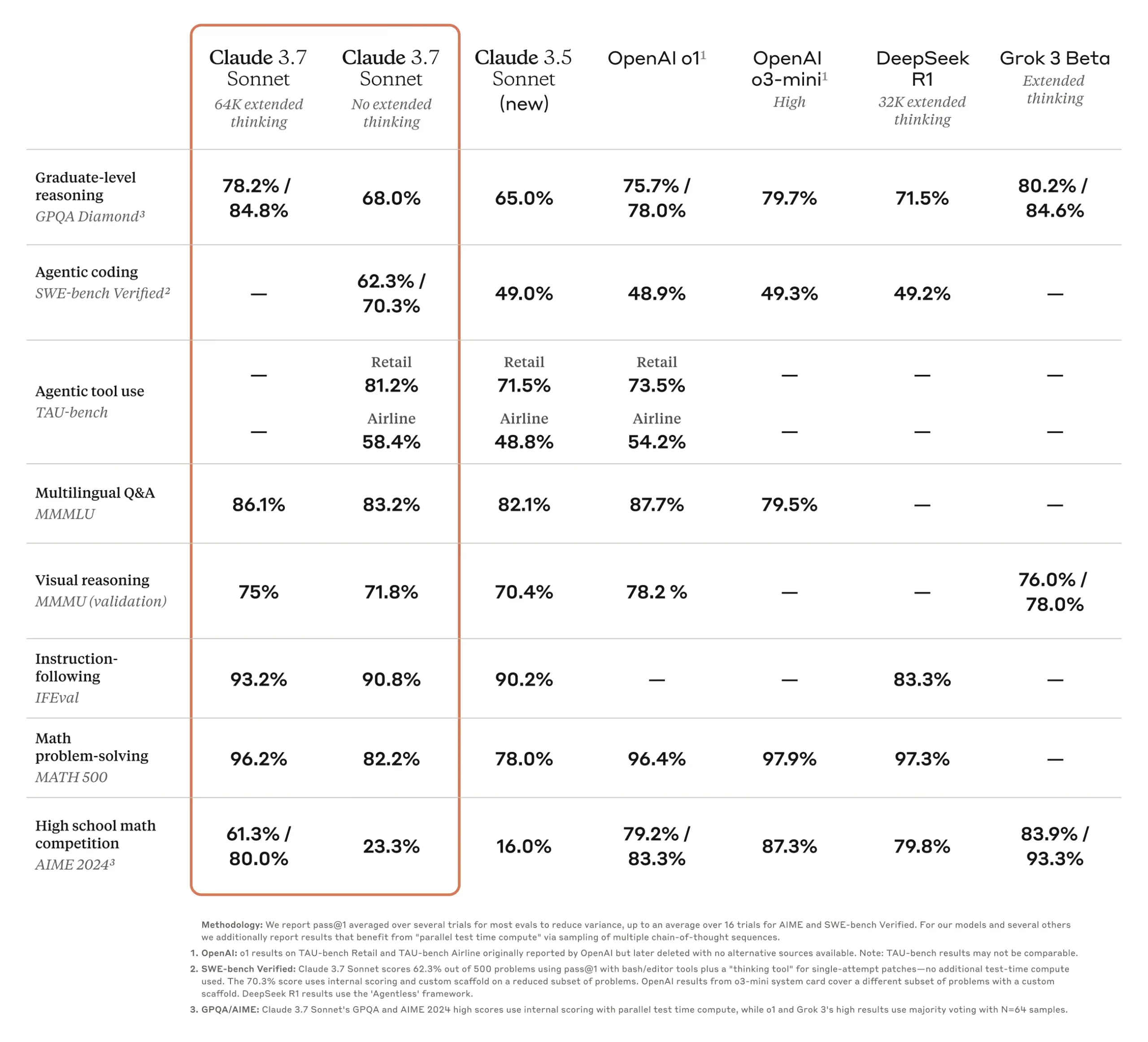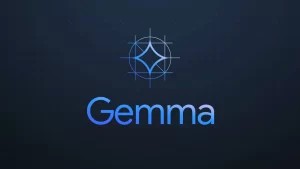SAN FRANCISCO — AI research and safety company Anthropic today released Claude 3.7 Sonnet, billed as its most advanced AI model to date. Described as the first “hybrid reasoning model” on the market, Claude 3.7 Sonnet can produce near-instant responses or opt for more thorough, step-by-step thinking—transparently shown to the user. The model is available now across multiple platforms, including Anthropic’s API, Amazon Bedrock, Google Cloud’s Vertex AI, and all Claude plans (Free, Pro, Team, and Enterprise). Extended thinking mode is available everywhere except the Free tier.

Quick Or Deep Reasoning—All in One Model
Unlike solutions that split fast responses and deeper analysis into two different systems, Claude 3.7 Sonnet merges both capabilities in a single model. Users can toggle between standard mode or “extended thinking mode,” which lets Claude take extra time to self-reflect before responding—a feature that boosts performance on tasks ranging from math and physics to complex instruction-following and coding. Developers can even specify a “thinking budget,” limiting the number of tokens spent on generating the final output.
“We believe in a unified approach—like a human who can think quickly for simple tasks or dedicate more focus for complex ones,” Anthropic states. “With Claude 3.7 Sonnet, you can do both without switching models or changing workflows.”
Emphasis on Real-World Coding and Front-End Development
Anthropic claims Claude 3.7 Sonnet shows particular strength in coding tasks, including working with complex codebases, sophisticated tool use, and full-stack development. It also performs reliably on standard benchmarks, with partners like Cursor, Cognition, Vercel, Replit, and Canva praising the model’s capability for generating high-quality, production-ready code.
In internal evaluations, Claude 3.7 Sonnet emerged as a leader on SWE-bench Verified and TAU-bench, frameworks designed to test AI models on challenging software engineering and agentic tasks. Extended thinking mode provides a further boost in math, science, and other problem-solving domains. Anthropic also notes that Claude 3.7 Sonnet significantly outperforms previous versions when tested on more playful tasks like Pokémon Red gameplay—demonstrating improved ability to sustain open-ended goals.



Introducing Claude Code: Agentic Coding, Right in Your Terminal
Alongside the new model, Anthropic launched Claude Code, a command-line tool in limited research preview that enables developers to offload substantial coding tasks to Claude from within their terminal. The AI can search and read code, edit files, write and run tests, commit and push code, and execute command-line tools—all while keeping the developer informed of each action.
The tool has already become a staple for Anthropic’s own team, reducing complex tasks that usually take 45 minutes of manual effort to a single pass. “We think of it as an active collaborator,” the company said, “perfect for test-driven development, debugging, and large-scale refactoring.”
Same Pricing, Broader Access
Anthropic maintains its standard token-based pricing structure for Claude 3.7 Sonnet, charging $3 per million input tokens and $15 per million output tokens—with the “thinking tokens” counted as part of output. This rate is consistent with previous Claude releases.
Extended thinking mode is available to paying users (Pro, Team, and Enterprise tiers) and via the API, while Free users can still access Claude 3.7 Sonnet in its standard mode.
Responsible Scaling and Safety
As with prior releases, Anthropic ran external expert evaluations to ensure Claude 3.7 Sonnet adheres to safety, reliability, and security standards. According to the company, the new model reduces unnecessary refusals by 45%, handles harmful prompts with more nuanced distinction, and aims to resist prompt injection attacks more effectively.
A System Card published by Anthropic details the extensive tests and new mitigations, including how the model’s visible reasoning can yield safety advantages—while also underscoring ongoing research into how best to ensure that internal thought processes genuinely reflect the true motivations behind AI behavior.

Anthropic sees Claude 3.7 Sonnet and Claude Code as milestones in developing AI that can “augment human capabilities.” By offering deeper, more transparent reasoning and real-world coding collaboration, Anthropic aims to forge a new path toward AI systems that fluidly toggle between speed and depth, all while working safely at scale.
Developers interested in exploring extended thinking, advanced coding, or agentic functionalities can learn more or request access to Claude Code via Anthropic’s official documentation and research preview sign-up.
In the context of AI, what’s the radical shift here?
The radical shift lies in combining fast, on-demand answers with deep, step-by-step reasoning in a single model—giving users fine-grained control over how much time and effort the AI invests in each query. This effectively transforms AI from a “one-size-fits-all” approach into a flexible, transparent system that can handle both quick lookups and more complex, extended problem-solving.



















